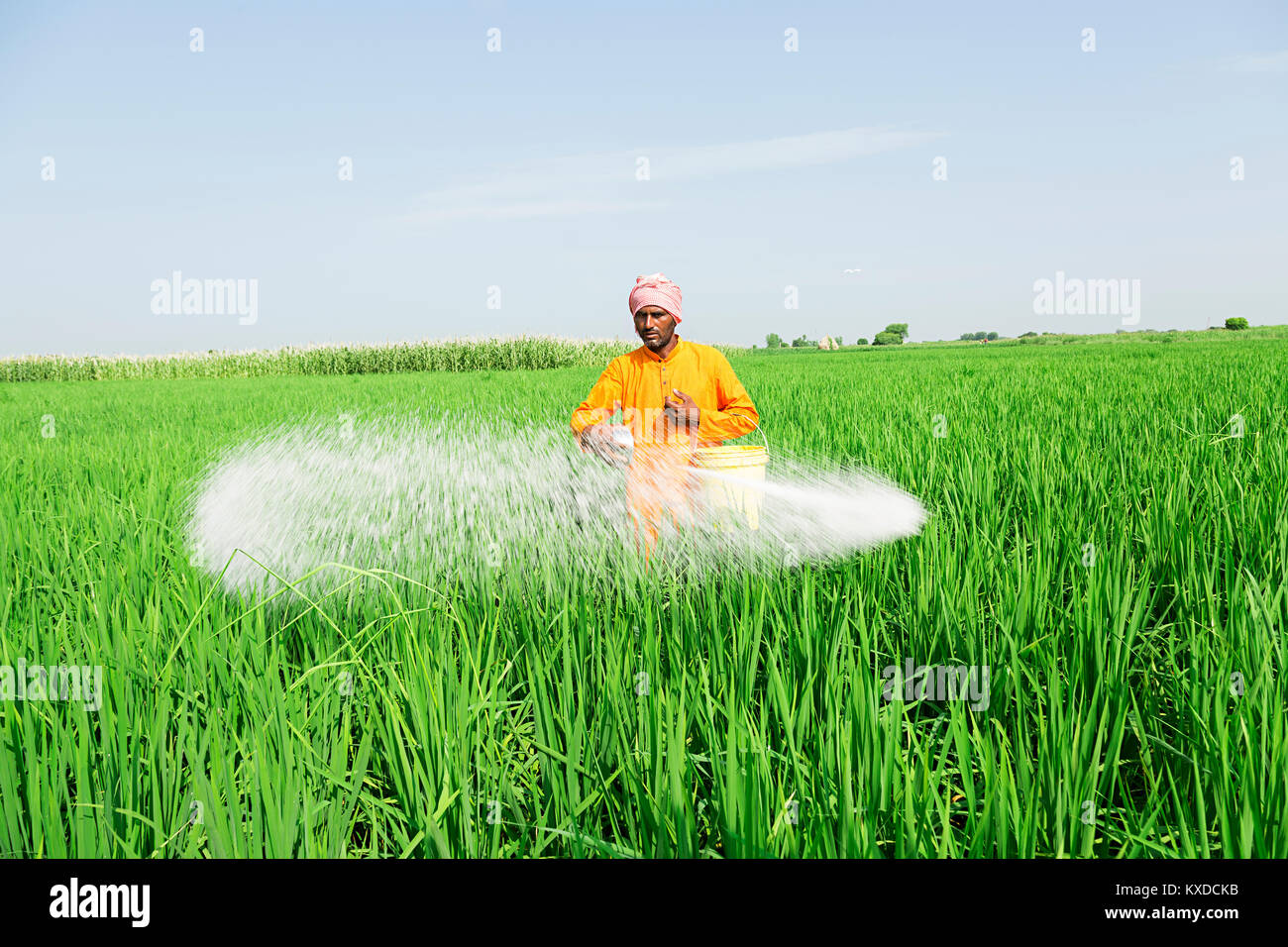In Pakistan, there are numerous discussions and research conducted regarding agriculture.
People continuously talk and write about agriculture, especially regarding the import , production and distribution of fertilizers, their usage, and demand and supply issues in Pakistan. For the past
three years, there has been a persistent concern that the fertilizer distribution system in Pakistan has deteriorated and requires significant reforms. It’s a situation where the fertilizer, meant for
distribution, is either being hoarded or not reaching its intended recipients. We have raised this issue with various government departments and forums, highlighting the mismanagement in
fertilizer distribution, which is causing immense distress and losses to our agriculture and farmers. Unfortunately, despite the severity of the situation, there hasn’t been much attention
or action from the government. Moreover, with the unfortunate end of one government term and the incoming of another, the issue seems to have been left unaddressed, with no concrete
steps towards its resolution. In the past 10 years the cultivation of hybrid crops has increased significantly in Pakistan, especially in relation to rice and maize. In all the central regions of
Punjab, hybrid rice cultivation has been rapidly increasing. Similarly, it is also gaining momentum in Sindh, and maize cultivation is particularly prominent in Pakistan’s Sahiwal divisions, where
hybrid varieties are extensively grown. As we all know, farmers in hybrid crops typically use double doses of urea. Additionally, the traditional non-agricultural land in Pakistan, which was
previously fallow, has been converted into cultivated areas, and agricultural activity is now underway there.
Furthermore, especially in the last four years, farmers have been pleasantly surprised as they have received better rates for their crops, and worldwide, the prices of grains have improved.
This phenomenon has also been observed in Pakistan, where farmers have actively participated in agriculture and utilized all available resources to ensure the best quality of their crops. With
diligence, they have enhanced their economic condition. Unfortunately, instead of boosting the morale of the farmers in this situation, we insisted on sticking to the outdated system. We neither imported timely fertilizers nor did we maintain the existing plants within the country.
Consequently, farmers faced tremendous difficulties in obtaining urea fertilizers, which hindered
their cultivation activities. Our entire point is that due to hybrid crops and farmers’ participation in aggressive agricultural activities, the demand for urea has increased. According to government claims, urea sales remained at 6.5 million tons in 2023, but according to our estimates, this figure
is incorrect because the existing stock of urea was already at 6.5 million tons. According to our estimates, the minimum capacity should have been 6.8 million tons, and ideally, to ensure timely
availability and continuous support to farmers, there should have been at least a 0.7 million ton buffer stock. We believe that for the improvement of agriculture in Pakistan, timely and
continuous availability of urea is crucial Another challenge that will be a significant concern for the new government is the fluctuation in
urea prices over the past three years. This has also contributed to the deterioration of the fertilizer distribution system and its infrastructure. Currently, similar to urea, there is a single type
of fertilizer in the market with at least six different prices, which creates confusion for farmers and puts pressure on their pockets. We firmly believe that as long as urea prices remain
inconsistent, it will continue to pose challenges for farmers. It is imperative for the new government to address this issue immediately and implement all necessary measures to stabilize
urea prices, as it is essential for ensuring food security not only for Pakistan but also for the regional countries. This can be achieved by immediately unifying urea prices and ensuring its availability well in advance, so that Pakistan not only resolves its food security issues but also becomes a food basket for regional countries.

